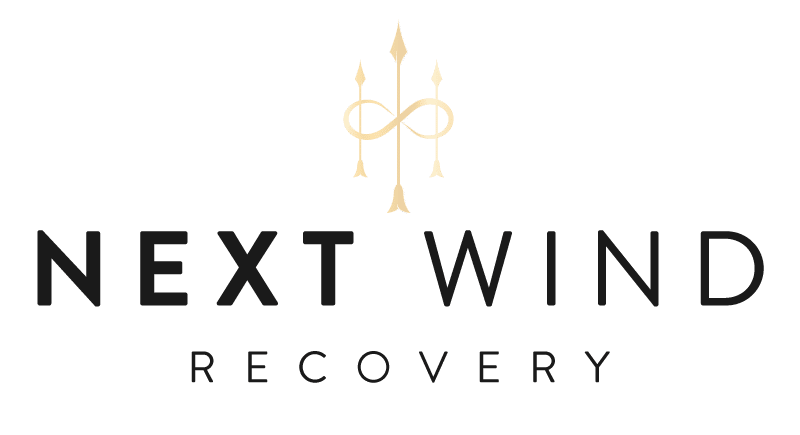Many individuals consume excess amounts of alcohol frequently but are not necessarily addicted to it. These individuals are called Grey Area Drinkers. Grey Area Drinking is a term used to describe the pattern of drinking that is considered to be between social drinking and alcoholism.
At Next Wind Recovery, we understand the differences and importance of identification of problematic or grey area drinking. Through years of research, we have learned how to support clients who want to change their life by altering their drinking habits and addressing mental and physical health concerns.
Learn more about grey area drinking and if it applies to you by speaking with a treatment specialist at our Top-Rated Drug Rehab in New Jersey.
What is Considered Grey Area Drinking?
Grey Area Drinking is a pattern of alcohol consumption between social drinking and alcoholism. It is characterized by drinking more than the recommended moderate alcohol intake. According to the National Institute on Alcohol Abuse and Alcoholism (NIAAA), moderate drinking is defined as having up to one drink per day for women and up to two drinks per day for men. A Grey Area Drinker, on the other hand, has more than the recommended moderate intake but does not necessarily reach the level of addiction.
Grey Area Drinking is not a clinical diagnosis and can be challenging to identify. As a result, it is often referred to as “problem drinking” or “at-risk drinking.” Grey Area Drinkers may not have the physical dependence or withdrawal symptoms associated with alcoholism. Still, their pattern of drinking can lead to negative consequences in their personal and professional lives.
What Are the Signs of Grey Area Drinking
Grey Area Drinking can be challenging to identify because it does not have the same apparent symptoms as alcoholism. However, some signs and symptoms can indicate a person is a Grey Area Drinker. These include drinking to cope with stress or emotions, preoccupation with alcohol or getting drunk, drinking more than intended, neglecting home, work, or school responsibilities, and continuing to drink despite negative consequences.
Understanding the difference between Grey Area Drinking and Alcoholism
It is essential to understand the difference between Grey Area Drinking and Alcoholism. Alcoholism, also known as alcohol use disorder, is a chronic disease characterized by physical dependence on alcohol, withdrawal symptoms, and inability to control drinking. Alcoholism may also lead to health problems like liver disease and cognitive impairment.
Grey Area Drinking, on the other hand, does not necessarily involve physical dependence or withdrawal symptoms. Grey Area Drinkers are not necessarily addicted to alcohol, even if they may experience negative consequences from their drinking.
It is important to note, however, Grey Area Drinking can lead to alcoholism if left untreated.
Contact our outpatient program in New Jersey today to learn more about how we can help you overcome addiction.
What is the Impact of Grey Area Drinking on Mental Health?
Grey Area Drinking can have a significant impact on mental health. Alcohol consumption can exacerbate existing mental health issues or lead to the development of new ones. These individuals with problematic drinking habits may use alcohol to cope with stress or emotions, leading to a cycle of drinking and mental health issues. This cycle also increases the likelihood of a problematic drinker becoming addicted.
Grey Area Drinking can also lead to anxiety, depression, and other mental health issues and effects sleep patterns, impairs cognitive function, and increases the risk of accidents and injuries. This style of drinking can also lead to financial problems and relationship issues due to drinking.
Getting Help for Grey Area Drinkers
If you are a Grey Area Drinker, there are supports and coping mechanisms that can help you reduce your drinking and improve your mental health. It is helpful to set limits to minimize alcohol intake, find alternative coping mechanisms, or seek support through a family member, community group, or formal therapy.
Many problematic drinkers access SMART Recovery or Alcoholics Anonymous groups to support their personal sobriety goals.
Family members and loved ones can support those with grey area drinking habits by encouraging them to seek help and setting boundaries, and sticking to them.
Next Wind Recovery
Get help with Grey Area Drinking today at Next Wind Recovery. Our comprehensive treatment program evaluates the needs of each client and designs a problem that is tailored to their specific needs. Through education and support, many clients can develop lifelong habits that support their progress toward their recovery goals. Learn more about Grey Area Drinking by speaking with an admissions coordinator at Next Wind Recovery today. Next Wind Recovery can help with comprehensive addiction treatment services in New Jersey.








